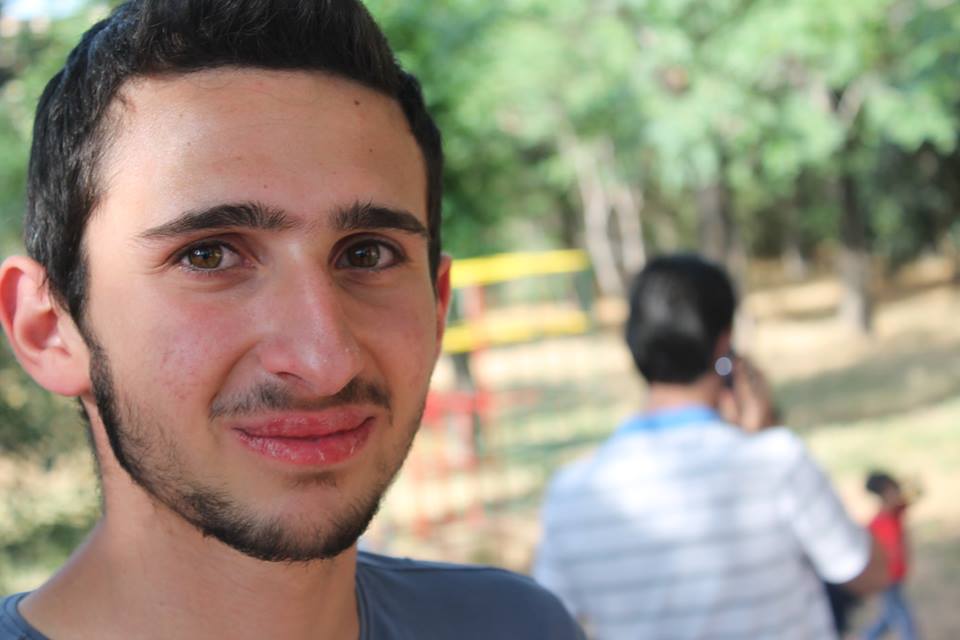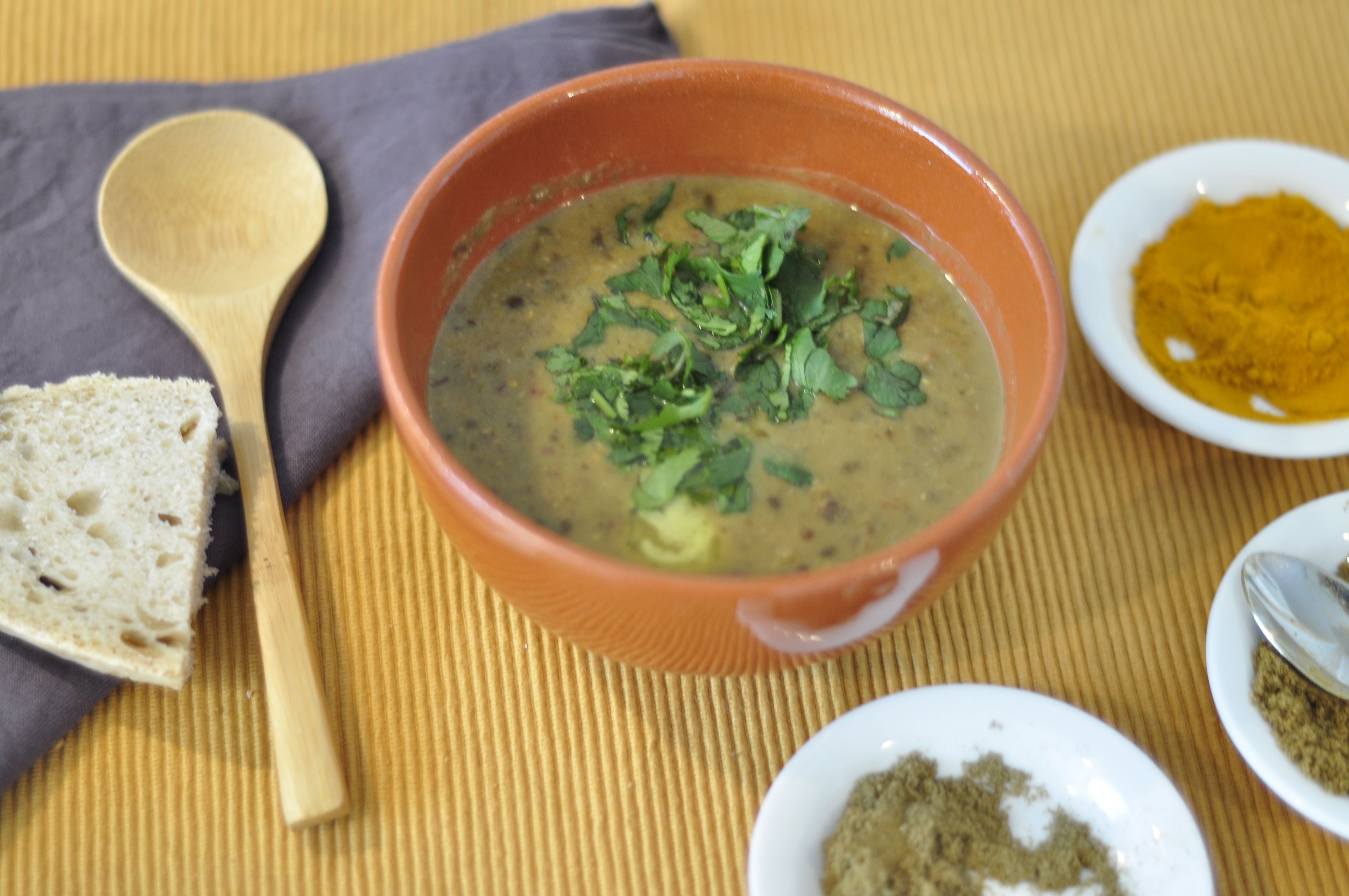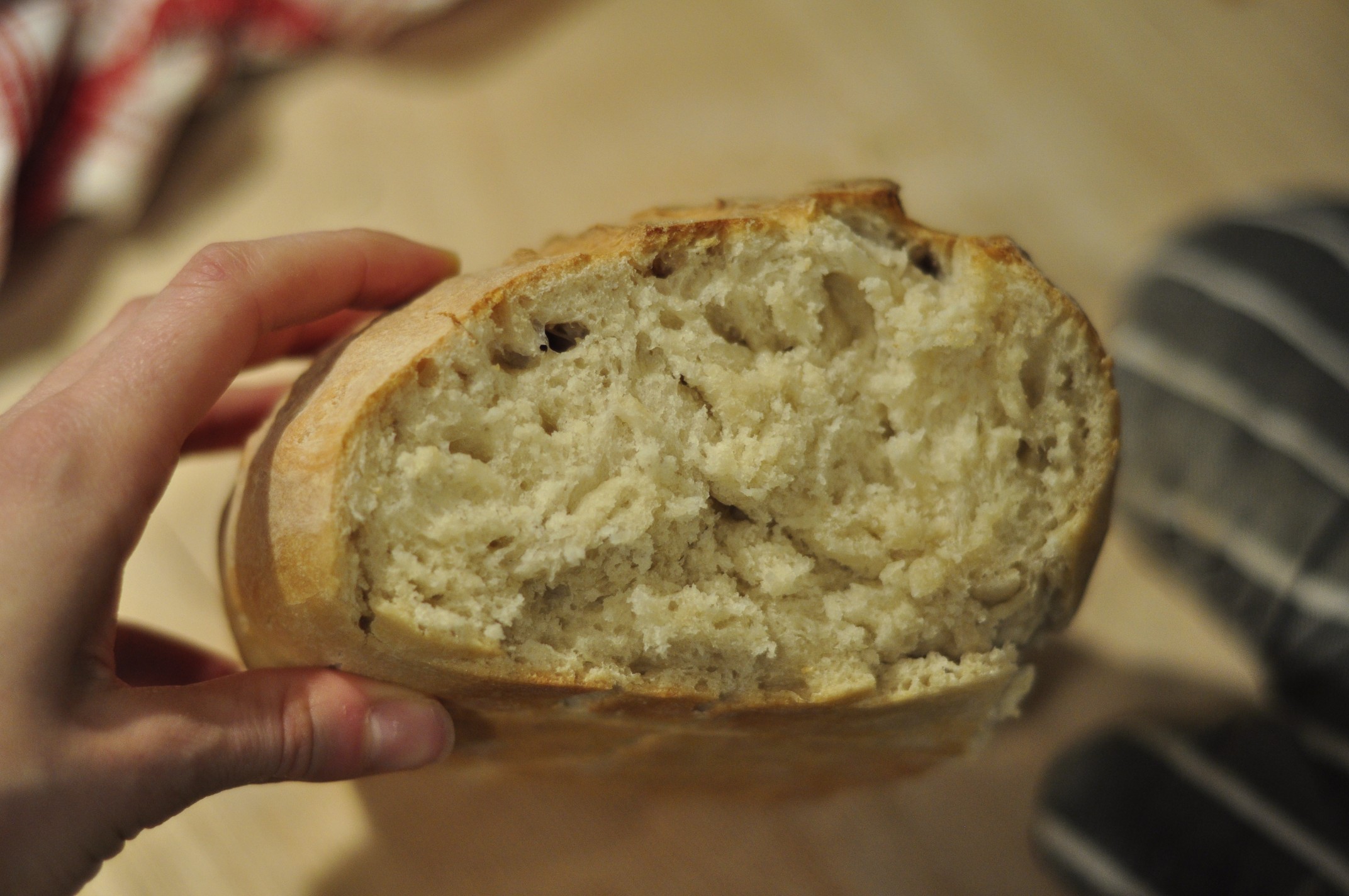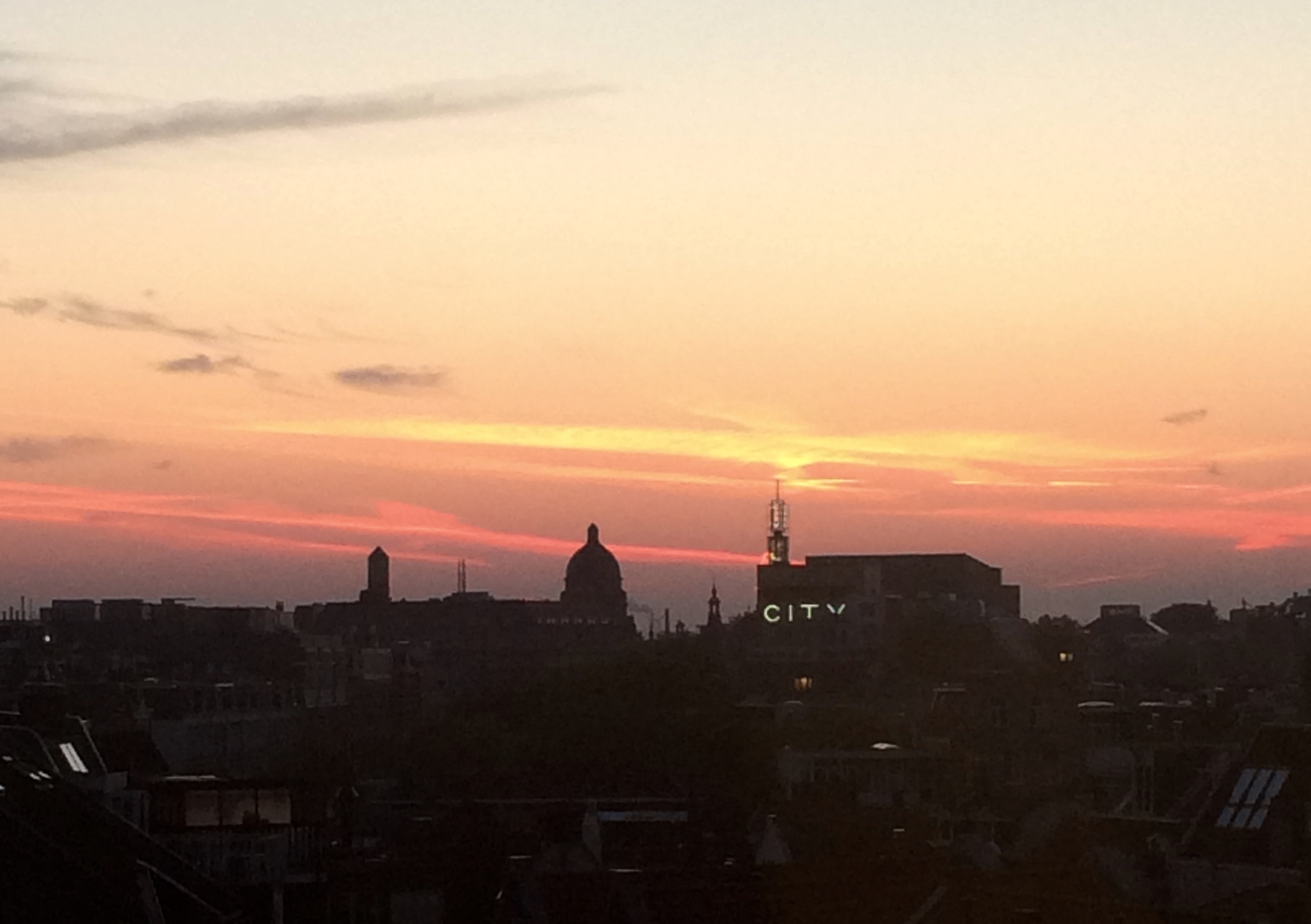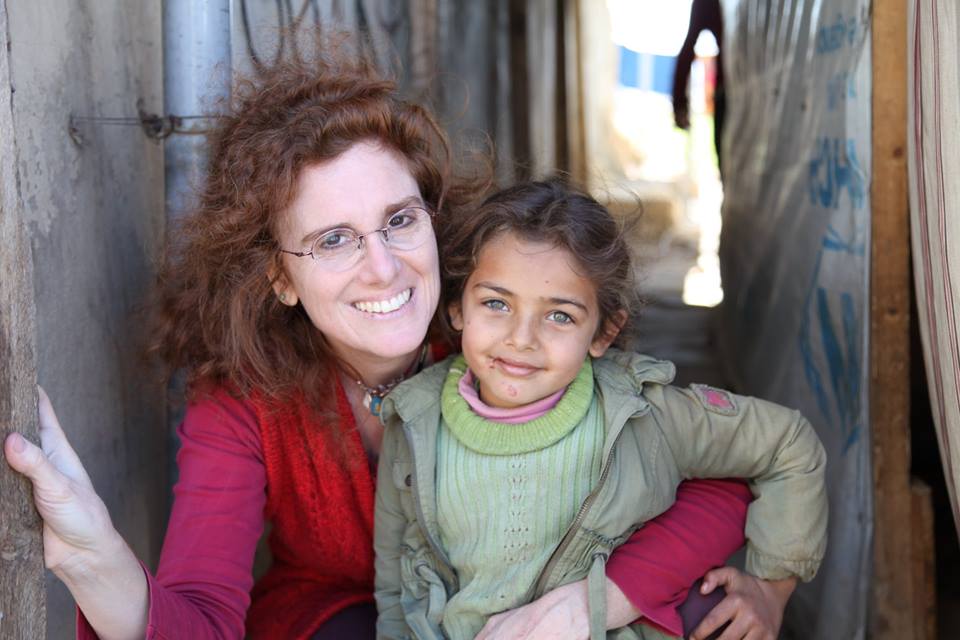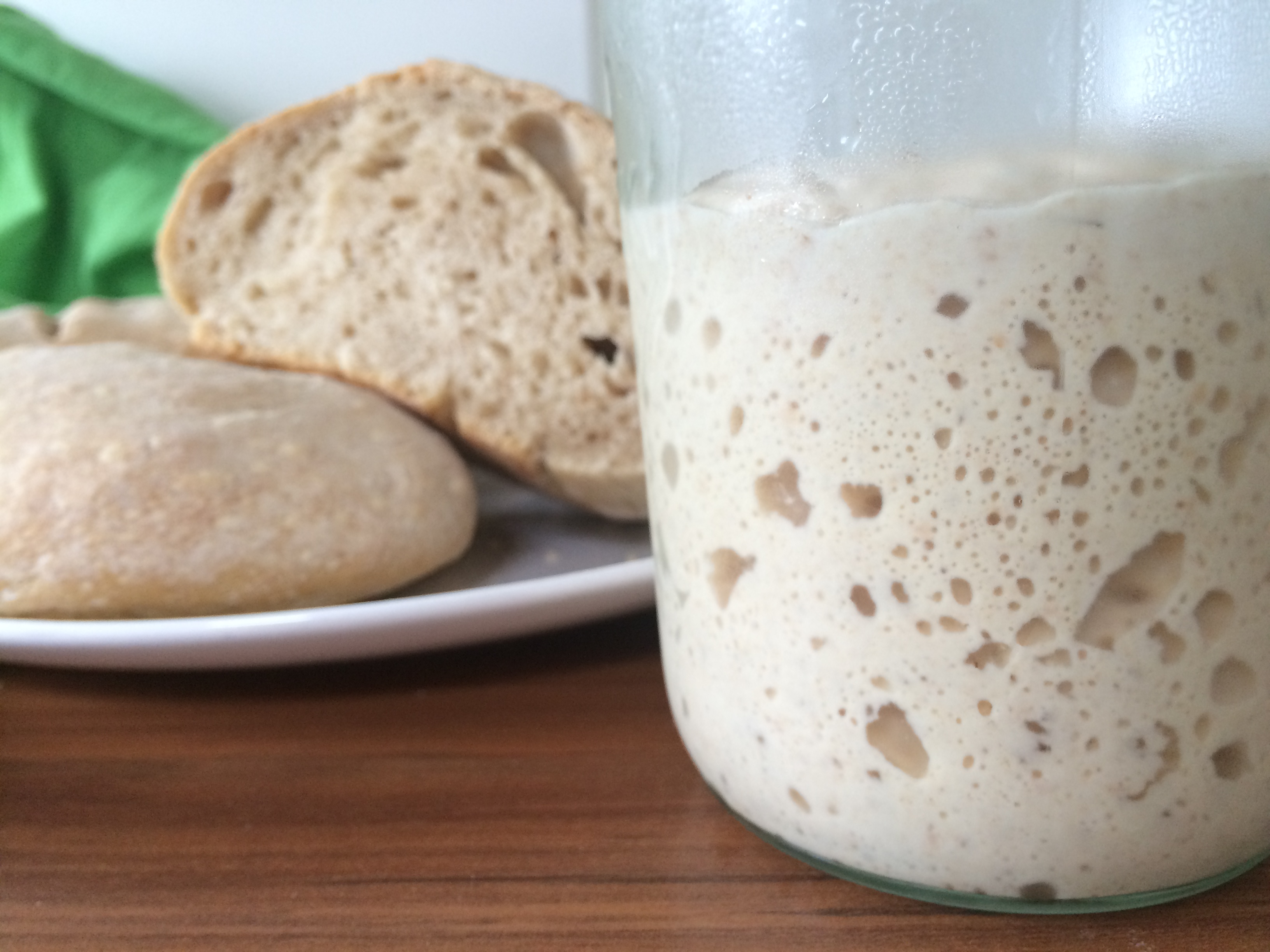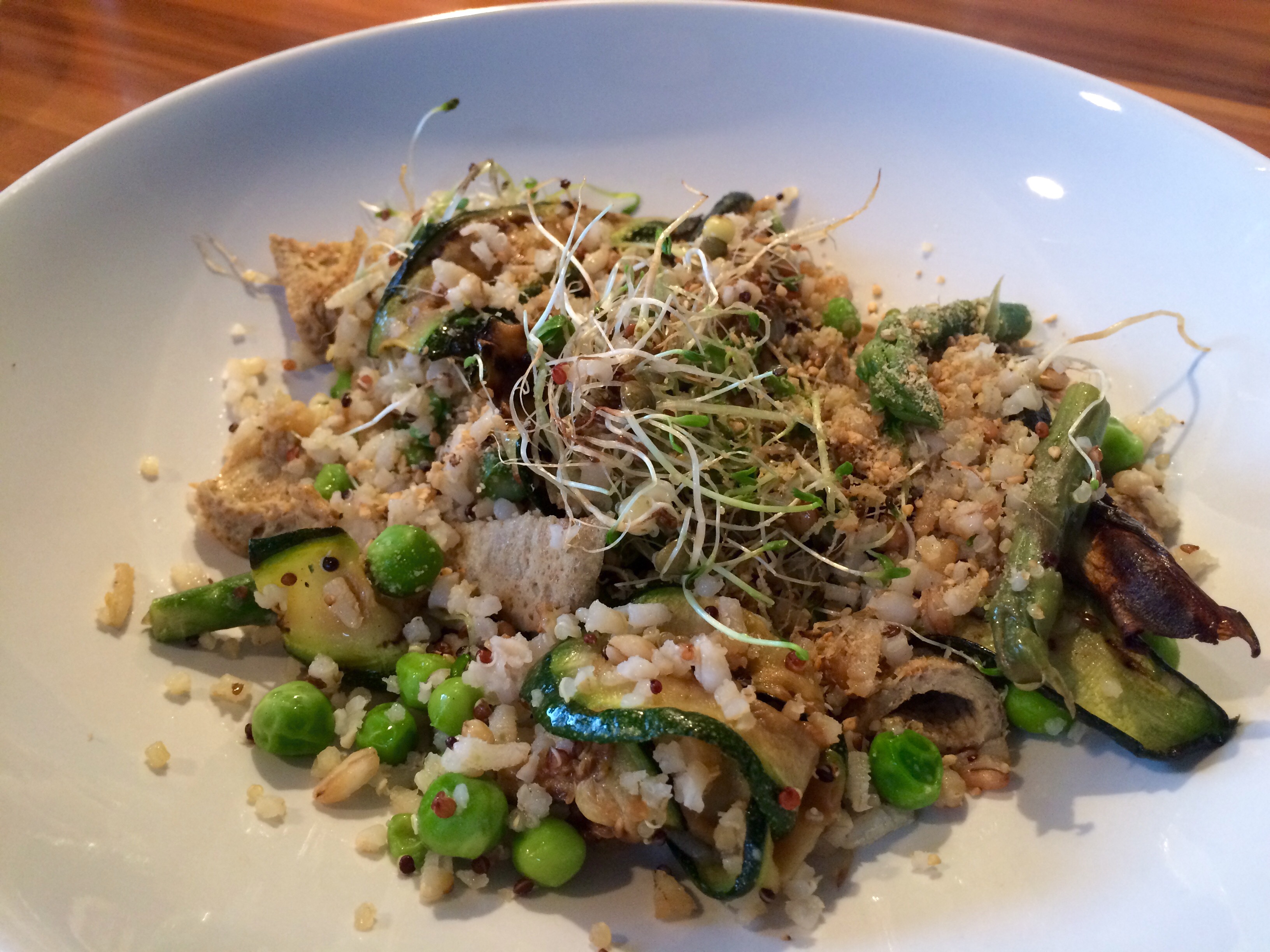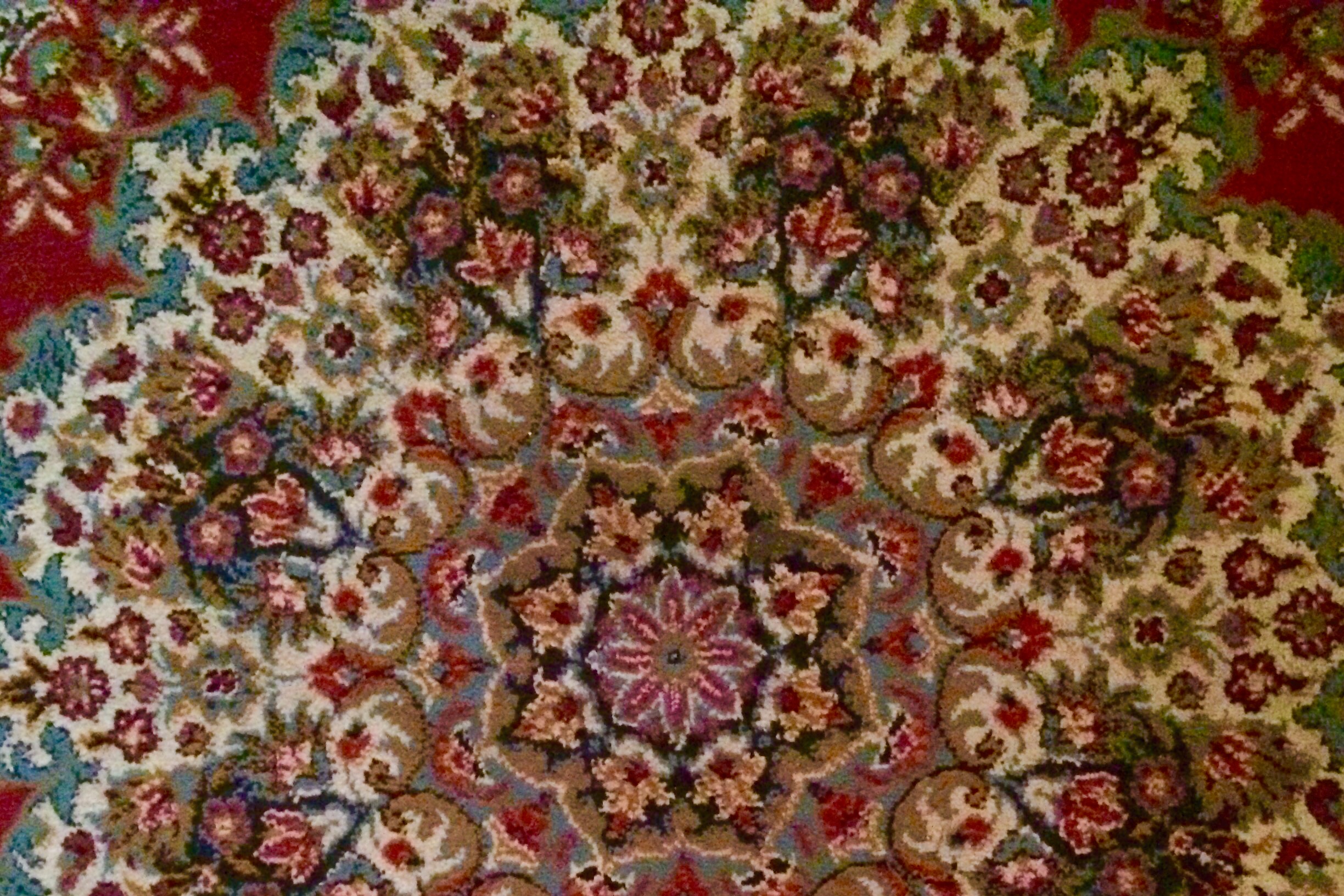Refugees in Mokum (and a bowl of soup).
For centuries, Amsterdam has also been referred to as Mokum, from the Yiddish word mokem, meaning refuge, safe haven. The city earned the nickname during times of religious persecutions in Europe, when Jews and other religious refugees would seek asylum here. It wasn’t the best of times for Dutch Catholics, who – in turn – were discriminated and persecuted on this very land, especially during the Protestant Reformation. The Yiddish nickname, together with the celebrated ‘Dutch tolerance’, stuck with the city of Amsterdam, while refugees from all over Europe contributed their skills and resources to shape the Dutch economy, society and even the city landscape to this day.

